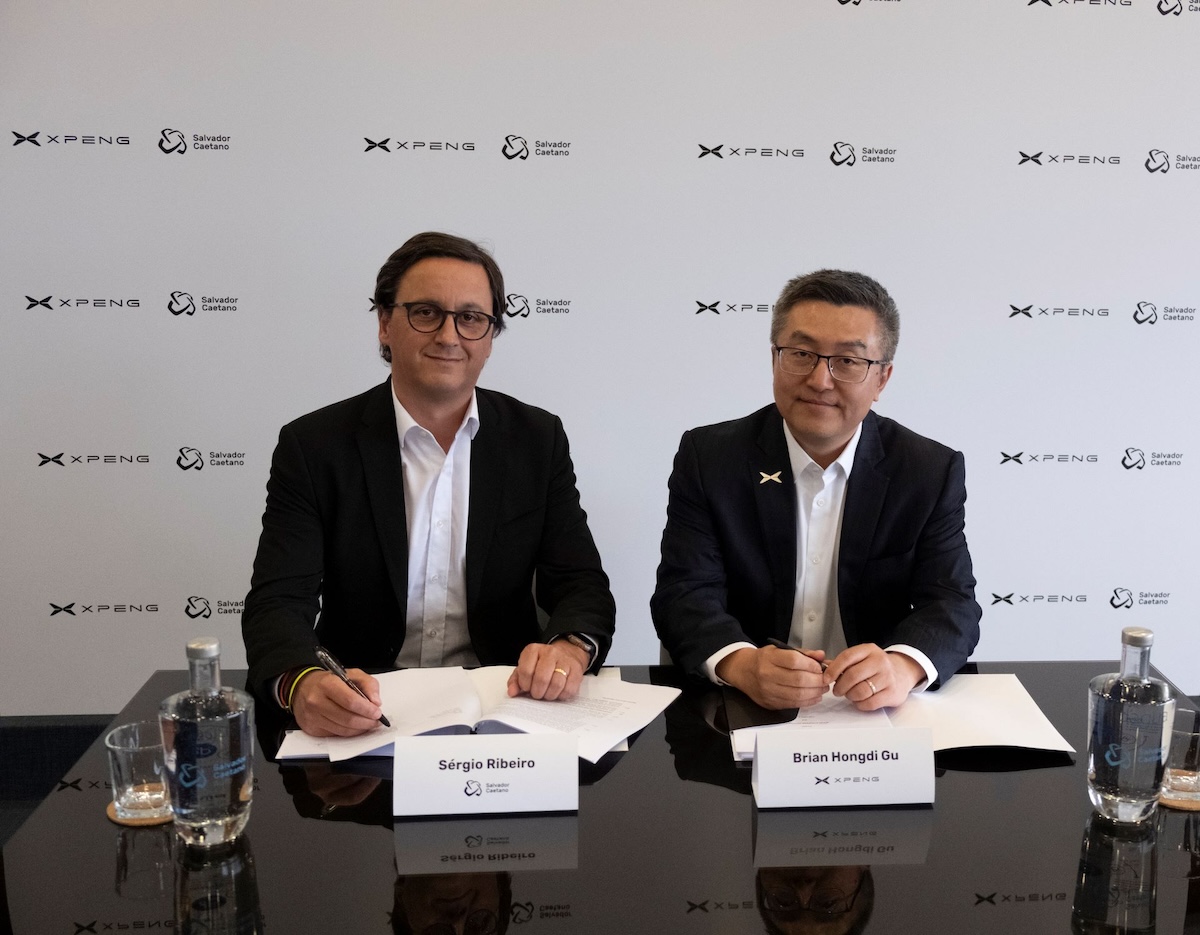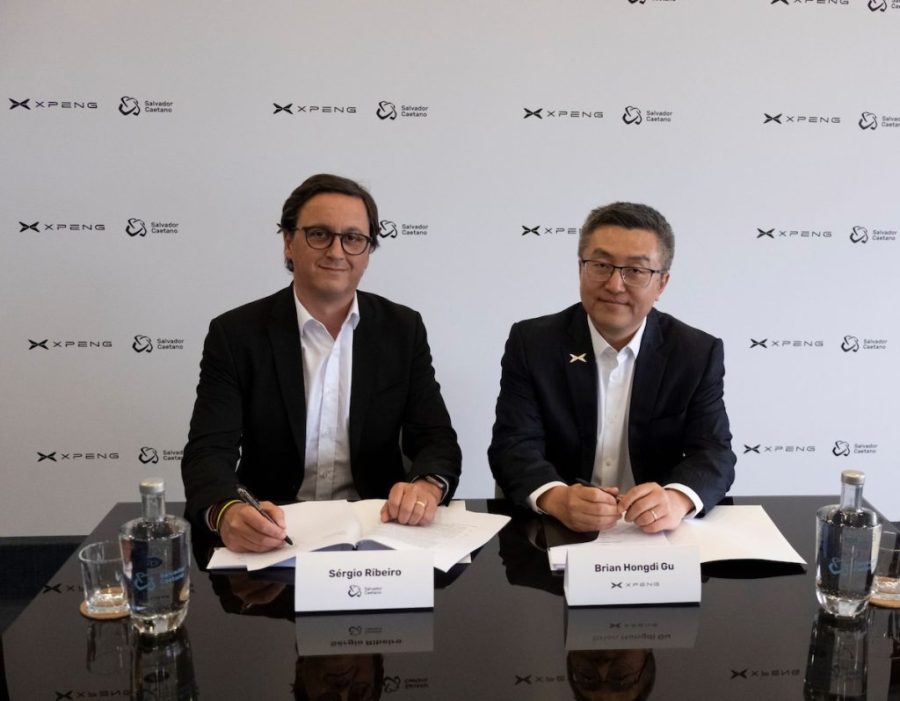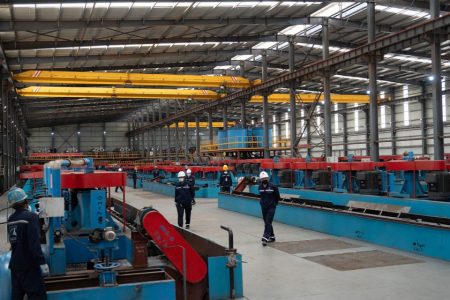Guangzhou-based electric vehicle manufacturer XPeng signed a deal on Monday with Salvador Caetano Group for the import and distribution of its automobiles on the Iberian Peninsula, according to reports.
“We are very proud to have Salvador Caetano as our strategic partner in Spain and Portugal, which are very important markets for XPeng,” said vice chairman and president Brian Hongdi Gu. XPeng expects to begin selling vehicles in the Iberian Peninsula later this year, right in time for the European debut of its G6 model, an ultra-fast changing coupe SUV.
With the addition of Spain and Portugal, XPeng cars are now available to drivers in seven European countries, up from just two last year as the company implements its “Go Abroad 2.0” plan to expand its presence in Europe, Africa and the Middle East.
[See more: Chinese battery firm CALB leads new foreign investment in Portugal]
XPeng’s partner, Salvador Caetano Group, is no stranger to bringing Chinese vehicles to the Iberian Peninsula. The Portuguese firm became BYD’s national dealer in Portugal in May 2023 and, earlier this year, signed a deal with Dongfeng Motor Corporation to take over import and distribution of the Dongfeng, Voyah and M-Hero car brands in Spain and Portugal.
Meanwhile, XPeng’s primary battery supplier, China Aviation Lithium Battery Technology (CALB), has made the move to the Portuguese market with a 2-billion-euro investment in a mega lithium battery factory in Sines, which is expected to begin operations by the end of 2025. Designated as a project of Potential National Interest by the Portuguese government, its sales could amount to 4.2 percent of GDP in a “horizon year” between 2028 and 2030, according to CALB’s estimates.
Portugal has the largest lithium reserves in Europe and its environmental agency has already approved two lithium mining projects in the country’s north despite pushback from green groups.






